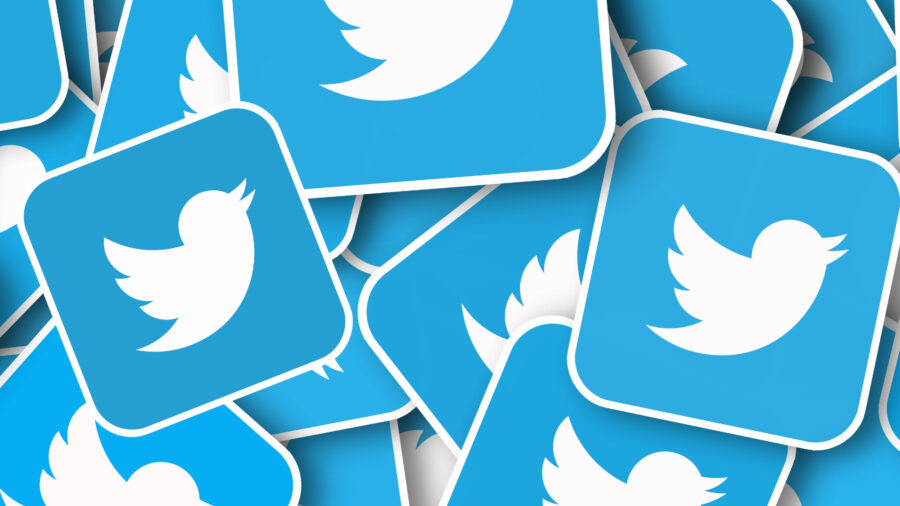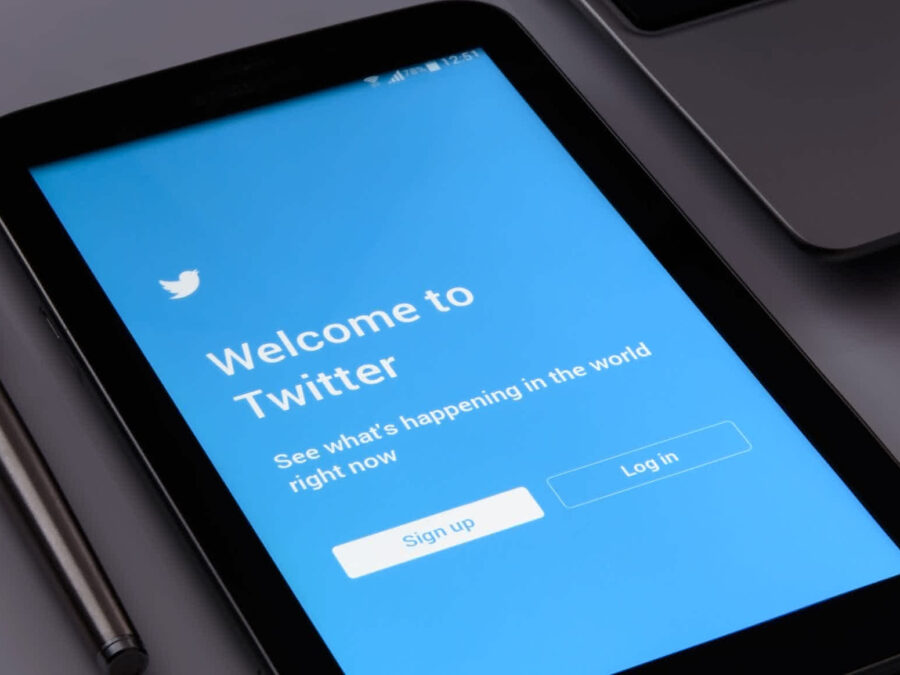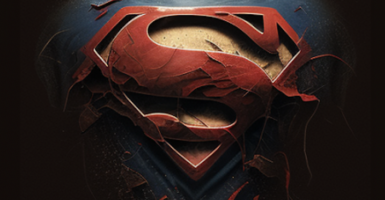$500 Million Libel Lawsuit Launched Against Twitter, Could Change Social Media
Twitter is facing a major lawsuit that could have huge effects on the future of social media.
This article is more than 2 years old

In October 2020, Twitter blocked tweets around a New York Post article. They did so for a couple of reasons, one of them being that the information in the article may have come from hackers. Mac Issac, the computer repair shop owner who obtained that information, has now filed a $500 million lawsuit. The suit claims that the term “hacker” defamed him and ruined his Delaware shop.
The issue with this lawsuit is less about the nature of the New York Post article, or even whether it was right for Twitter and Facebook to take action against the posts. Those will be part of it, but they aren’t the central point for Mac Isaac. The issue in his lawsuit is about Twitter giving a reason for the post to be censored and the usage of the word “hacker”.
The social and legal responsibility of social media platforms isn’t a new topic, but it’s a big one in 2020. After the 2016 election, Facebook came under a lot of scrutiny. Donald Trump has had a lot to say about news outlets and social media platforms, often claiming they are against him and censoring him. The government has been filing lawsuits against both Twitter and Facebook.

What can you say on Twitter? And is it against the law when they censor your tweet? It’s only recently that Twitter began publicly posting reasons for a Tweet to be deleted, blocked, or otherwise reviewed. Previously, they took a stance that was more mysterious. They would handle a tweet how they were going to, claim it violated the policies, but not be specific about which ones. This left them more room to do whatever they wanted. It also made them look more like tyrants to the people who felt unjustly censored.
These days, Twitter lets everyone know what’s going on with a tweet. They add “notices” to provide straightforward information. There is more focus on keeping the public informed. They are approaching misleading information in new ways. And that’s why they’re being sued now. They used the “hacker” around a computer repair shop guy. That came with big consequences for his business. From Mac Isaac’s perspective, he claims he didn’t know the lawyers who took the laptop were going to run a news story about it. He didn’t know that it would become an issue on social media. And now people have posted reviews about his business and discussed his behavior on a massive scale, and he can’t control it. If Twitter hadn’t used the word “hacker”, maybe things would have been different for him.
From Mac Isaac’s perspective, he was not a “hacker”. He didn’t break into Hunter Biden’s laptop. He was hired to repair a laptop. No one came to pick up the laptop after 90 days. His contract says the laptop belonged to him at that point. He turned it over to interested parties.
Of course, if Twitter and Facebook hadn’t taken action against the spreading of the NY Post article, there is no telling how much more that article would have spread. There is also no telling who would have said what about it. What we do know is that Twitter used the term “hacker”, and now the lawsuit is likely to go into great detail on what could count as “hacking” while Twitter works to defend that word. After the controversy surrounding this tweet occurred, Twitter did change their stance on the “hacker” part of the tweet, though still found issue with it for other reasons. They updated a thread on their @TwitterSafety account about their decision.
So what happens to Twitter now? The social media platform isn’t answering requests for comments on the case. Depending on how the lawsuit goes, could it change their policies? Considering how often they’re changing their policies in the current climate, it may be hard to know which policies are changed due to this particular lawsuit and which are changing because the government has sued them.












